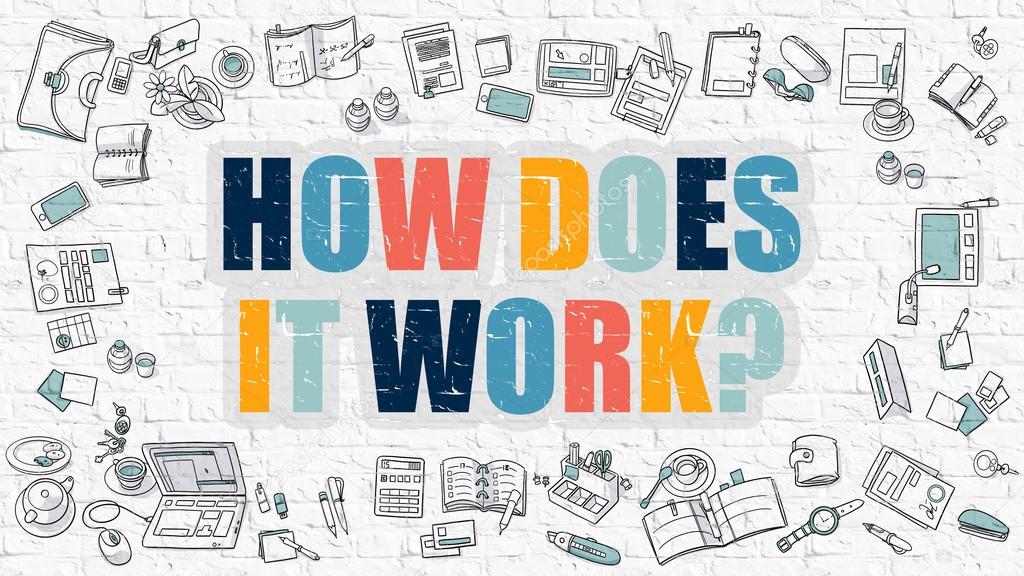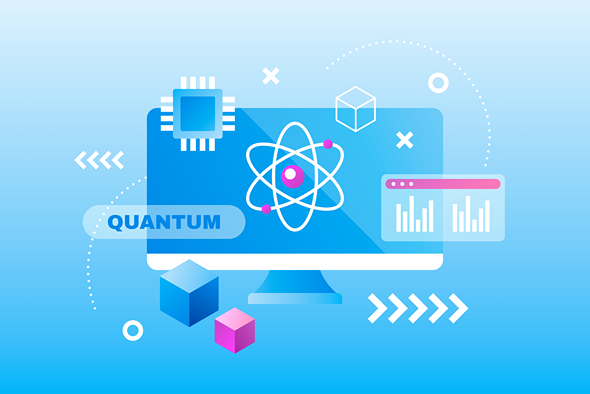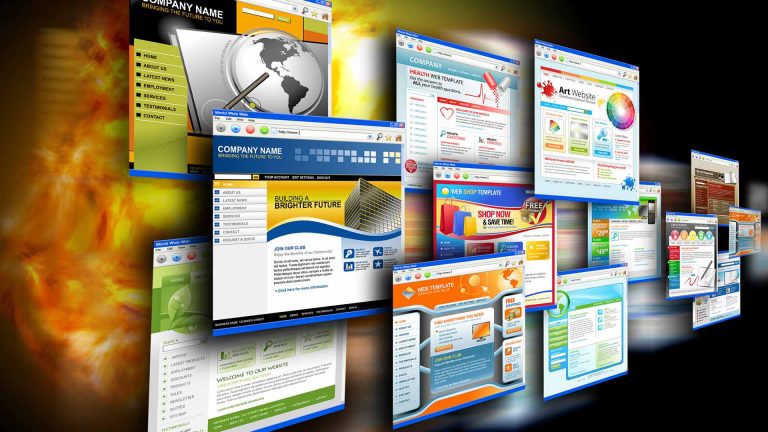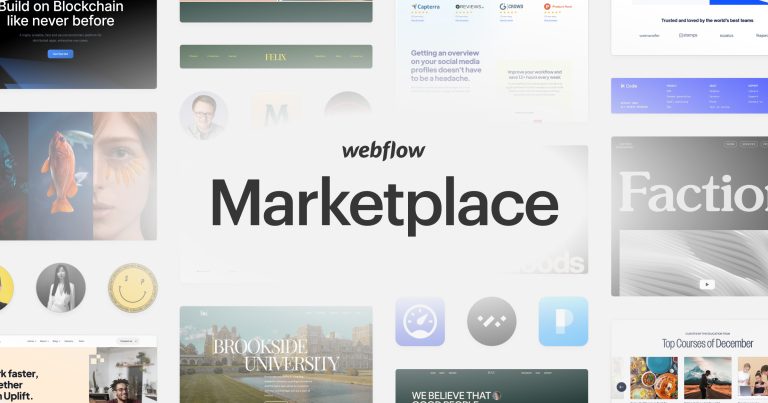Building the Future with Quantum App Development Software
Forget waiting years for complex simulations. Imagine tackling problems in minutes that would take traditional computers an eternity. This is the power of quantum computing, and Quantum App Development Software (QADS) unlocks its potential. QADS allows you to build applications that leverage the mind-bending power of qubits, solving challenges once deemed impossible. Are you ready to step into the future of computing? Dive deeper and discover how QADS can revolutionize your world.
How Does Quantum App Development Software Work?

Quantum App Development Software (QADS) acts as the command center for building and running quantum applications. While the specifics of each platform may differ, the core workflow generally follows these steps:
1. Designing Quantum Algorithms:
- Problem Definition: The first step involves clearly defining the problem you want the quantum computer to solve. This involves understanding the classical limitations and identifying where quantum algorithms can offer an advantage.
- Algorithm Development: Using specialized libraries and tools within QADS, developers design quantum algorithms specifically tailored to exploit the power of qubits. These algorithms leverage concepts like superposition and entanglement to explore a vast solution space concurrently.
- High-Level Programming Languages: Unlike traditional programming languages, QADS often utilizes specialized high-level languages designed for quantum computing. These languages provide functionalities for manipulating qubits and constructing quantum circuits, the blueprints for quantum algorithms. Examples include Qiskit (IBM), Cirq (Google), and PennyLane.
2. Translating to Quantum Hardware:
- Quantum Circuit Compilation: Once the quantum algorithm is designed, QADS translates it into a series of instructions (gates) that the quantum hardware can understand. This process, called compilation, optimizes the circuit for efficient execution on specific quantum hardware architectures.
- Quantum Hardware Interface: QADS provides tools and libraries to interact with real quantum hardware or cloud-based quantum computing services. These tools handle the communication between the software and the physical quantum computer.
3. Running and Debugging Quantum Programs:
- Job Submission: The compiled program is then submitted as a job to the quantum hardware or simulator. QADS manages the job submission process and ensures proper communication with the hardware.
- Result Analysis and Debugging: After execution, the quantum computer returns the results, which often require specialized analysis tools within QADS. These tools help developers interpret the data and identify any errors or inefficiencies in the quantum program.
- Iterative Process: Quantum computing is an iterative process. Based on the analysis of results, developers can refine the quantum algorithm, optimize the program execution, and resubmit the job for further refinement.
Additional Considerations:
- Quantum Simulators: Since access to real quantum hardware is still limited, QADS often includes quantum simulators – powerful classical computers that can simulate the behavior of small-scale quantum computers. This allows developers to test and debug their programs before deploying them on actual hardware.
- Cloud-Based Access: Many QADS platforms offer cloud-based access to quantum computing resources. This allows developers to leverage the power of quantum computers without having to invest in expensive hardware themselves.
By providing a comprehensive development environment, QADS empowers developers to design, execute, and analyze quantum programs, paving the way for a future powered by the extraordinary capabilities of quantum computing.
Current State of Quantum App Development Software
Quantum App Development Software (QADS) is a rapidly evolving field, mirroring the exciting yet nascent stage of quantum computing itself. Here’s a closer look at the current landscape:
A Frontier Filled with Promise:
- Early Days, Immense Potential: QADS is still in its early stages of development. While the core functionalities exist, the platforms are constantly evolving to become more user-friendly and offer a wider range of tools. However, the potential of QADS is undeniable, with the promise of revolutionizing various industries in the near future.
- Diversity of Platforms: Several prominent QADS platforms exist, each with its own strengths and functionalities. Major players include IBM’s Qiskit, Google’s Cirq, Microsoft’s Quantum Development Kit (QDK), and Rigetti Computing’s Forest. This diversity fosters innovation and competition, accelerating the development of the field.
Challenges and Advancements:
- Limited Hardware Access: Access to robust and scalable quantum hardware is still limited. While cloud-based access options exist, they often have restrictions on qubit count and functionalities. As quantum hardware advances, QADS will become even more powerful when paired with more robust physical resources.
- Complex Programming: Developing quantum algorithms requires a specialized skillset and understanding of quantum mechanics. QADS is constantly evolving to address this challenge, with the development of higher-level programming languages and user-friendly interfaces to make quantum programming more accessible.
- Continuous Improvement: The field of QADS is undergoing rapid advancements. Developers are constantly working on improving existing platforms, creating new tools and libraries, and streamlining the development workflow. This ongoing innovation paves the way for a more accessible and powerful quantum computing future.
The Evolving Landscape
Despite the challenges, the future of QADS is bright. Here’s what to expect:
- Increased User-Friendliness: QADS platforms will become more user-friendly, with intuitive interfaces and tools that cater to a broader range of developers, not just those with a background in quantum mechanics.
- Standardization Efforts: As the field matures, efforts to standardize tools and languages will likely emerge, making quantum development more consistent and easier to learn.
- Integration with Existing Workflows: QADS will increasingly integrate with existing classical development tools and frameworks, allowing developers to seamlessly combine quantum and classical computing approaches.
In short, QADS is the bridge between the theoretical potential of quantum computing and its practical application. While the field is still young, the rapid advancements and ongoing innovation promise a future where QADS empowers developers to tackle complex problems and unlock groundbreaking discoveries across various fields.
Conclusion
The future of computing is here, and it’s quantum. Don’t get left behind in the dust! Partner with ONextDigital to leverage our expertise in web development and UX/UI design. We’ll help you craft user-friendly interfaces that seamlessly integrate with the power of Quantum App Development Software. Imagine – complex quantum applications made accessible through intuitive and visually stunning interfaces. Together, we can propel your business to the forefront of the quantum revolution, leaving the competition in the classical era. Contact us today.






